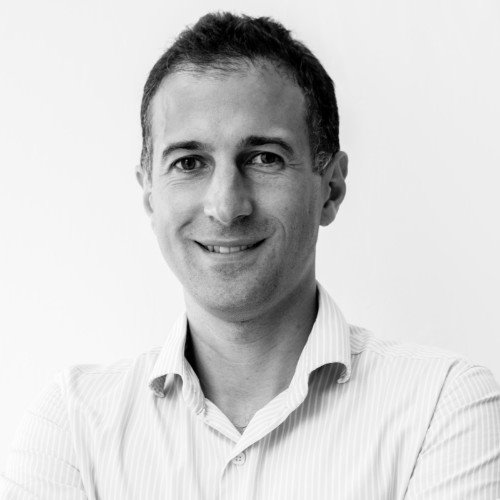#Productfundamendalism is killing #ProductManagement
Good product management can contribute a long way to making companies able to navigate the unknown, reducing business risk, being customer-centric, and ultimately generating (and collecting) more user value. I call companies that do so the companies that “think product”
However, recent trends toward hyped buzzwords and Product Fundamentalism have created a rift in the industry, degenerating into a self-referencing loop of compliance among product practitioners.
- Fancy but empty words such as PLG or Product Ops
- Product Managers label themselves “CEO of the product.”
- Rigid “Product frameworks” that preach “the only right way of doing it.”
The risk is an attitude of superiority over other departments, widening the gap between product teams and the rest of the organization.
Product managers are no “ultimate bosses” but sit in a privileged position to ignite good product practices that can benefit organizations at large as long as they don’t slip into “product management hype,” sumptuous acronyms, and stubborn frameworks (aka “Product Fundamentalism”).
Luckily enough, I see more people ready to break this tabu and start talking about hype in product management with no complaisance.
I’ve expanded on the benefit of Thinking Product for the companies and the traps of Product fundamentalism in my article Does your organization think product?
What about your company? Is it ready to think product, or is it still drawing in fancy acronyms and hype?
Originally published on Linkedin at https://www.linkedin.com/feed/update/urn%3Ali%3AugcPost%3A7048529908985192448


My name is Salva, I am a product exec and Senior Partner at Reasonable Product, a boutique Product Advisory Firm.
I write about product pricing, e-commerce/marketplaces, subscription models, and modern product organizations. I mainly engage and work in tech products, including SaaS, Marketplaces, and IoT (Hardware + Software).
My superpower is to move between ambiguity (as in creativity, innovation, opportunity, and ‘thinking out of the box’) and structure (as in ‘getting things done’ and getting real impact).
I am firmly convinced that you can help others only if you have lived the same challenges: I have been lucky enough to practice product leadership in companies of different sizes and with different product maturity. Doing product right is hard: I felt the pain myself and developed my methods to get to efficient product teams that produce meaningful work.
